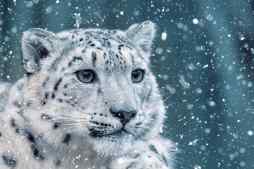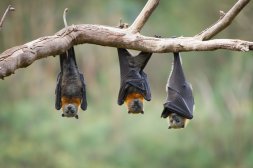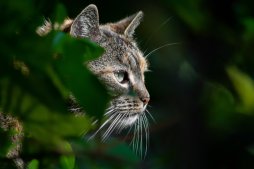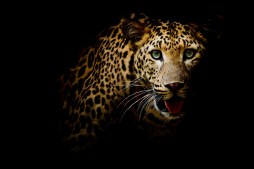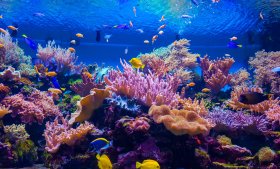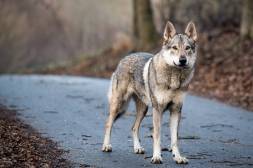The Impact of Isolation on Species Adaptation Through Natural Selection

Natural selection is a fundamental process driving the evolution of species. When populations become isolated in unique ecosystems, the effects of natural selection can lead to fascinating adaptations and even the emergence of entirely new species. This article explores how isolation influences species adaptation through natural selection, highlighting key examples and mechanisms.
Understanding Natural Selection in Isolated Ecosystems
Natural selection is the process by which individuals with advantageous traits are more likely to survive and reproduce, passing those traits to future generations. In isolated ecosystems—such as islands, remote valleys, or isolated lakes—species experience limited gene flow from outside populations. This isolation intensifies selective pressures because organisms must adapt specifically to their unique environment without influence from external genetic diversity.
How Isolation Drives Unique Adaptations
Isolation creates distinct environmental conditions that shape evolutionary pathways. For example, isolated ecosystems often have limited resources or different predators compared to mainland habitats. Species must adapt by developing specialized traits such as altered feeding behaviors, camouflage suited for local terrain, or physiological changes to cope with climate variations. Over time, these adaptations can become pronounced enough that isolated populations diverge significantly from their ancestors.
Examples of Natural Selection in Isolated Ecosystems
One classic example is Darwin’s finches on the Galápagos Islands. Each island’s finch population evolved distinct beak shapes suited for different food sources found locally. Similarly, Madagascar’s isolation has led to a high number of endemic species with specialized features not seen elsewhere. These cases demonstrate how geographic separation combined with natural selection steers evolution along unique trajectories.
The Role of Genetic Drift and Founder Effects
In addition to natural selection, isolated ecosystems often experience genetic drift—a random change in gene frequencies—and founder effects where new populations start from a small number of individuals. Both phenomena can accelerate divergence by reducing genetic variation initially available and amplifying certain traits regardless of adaptive advantage, further influencing how species evolve within an isolated setting.
Conservation Implications and Future Research
Understanding natural selection in isolated ecosystems is crucial for conservation efforts because these environments house many vulnerable endemic species at risk from habitat destruction or invasive species introduction. Protecting isolation barriers helps preserve evolutionary processes that generate biodiversity. Ongoing research using genomic tools continues to shed light on adaptation patterns and informs strategies aimed at sustaining these unique biological communities.
Isolation profoundly impacts how species adapt through natural selection by creating environments where organisms evolve distinct traits tailored to local conditions. Studying these processes not only enriches our knowledge of evolution but also underscores the importance of conserving fragile isolated ecosystems around the world.
This text was generated using a large language model, and select text has been reviewed and moderated for purposes such as readability.
